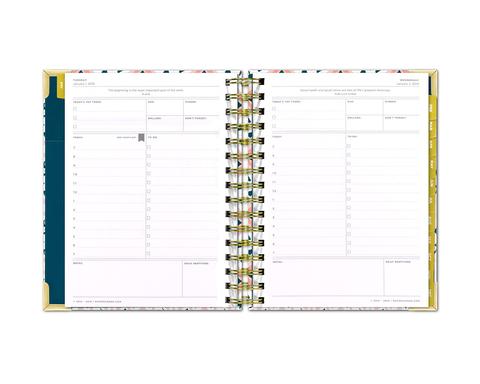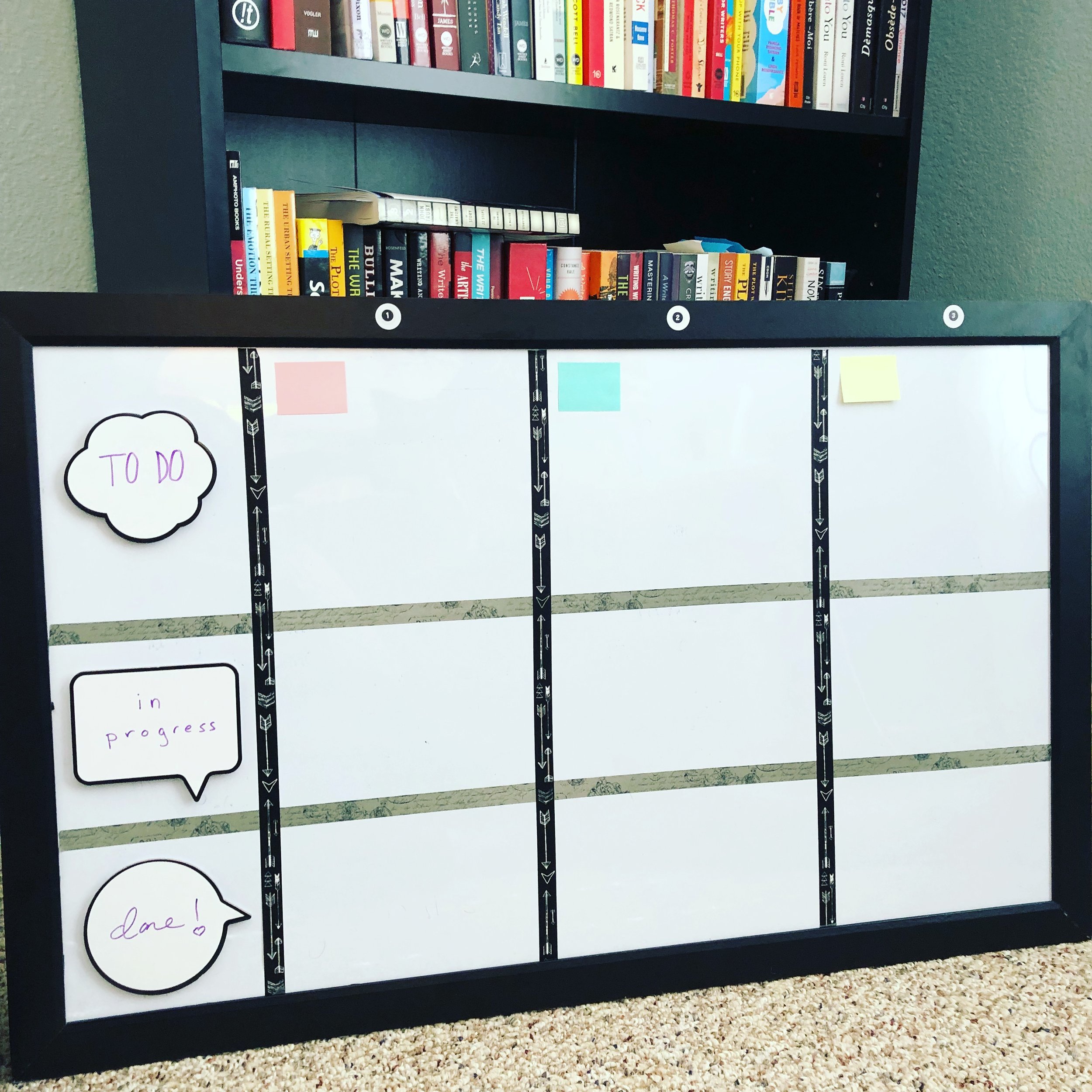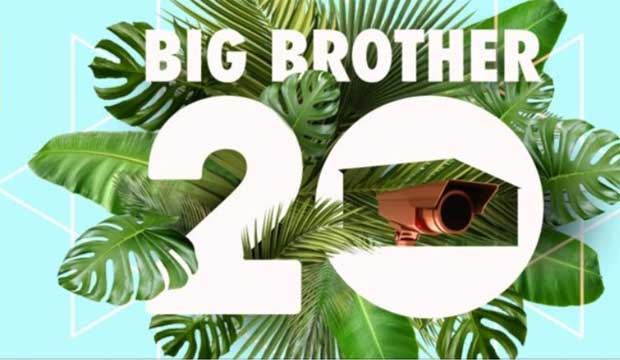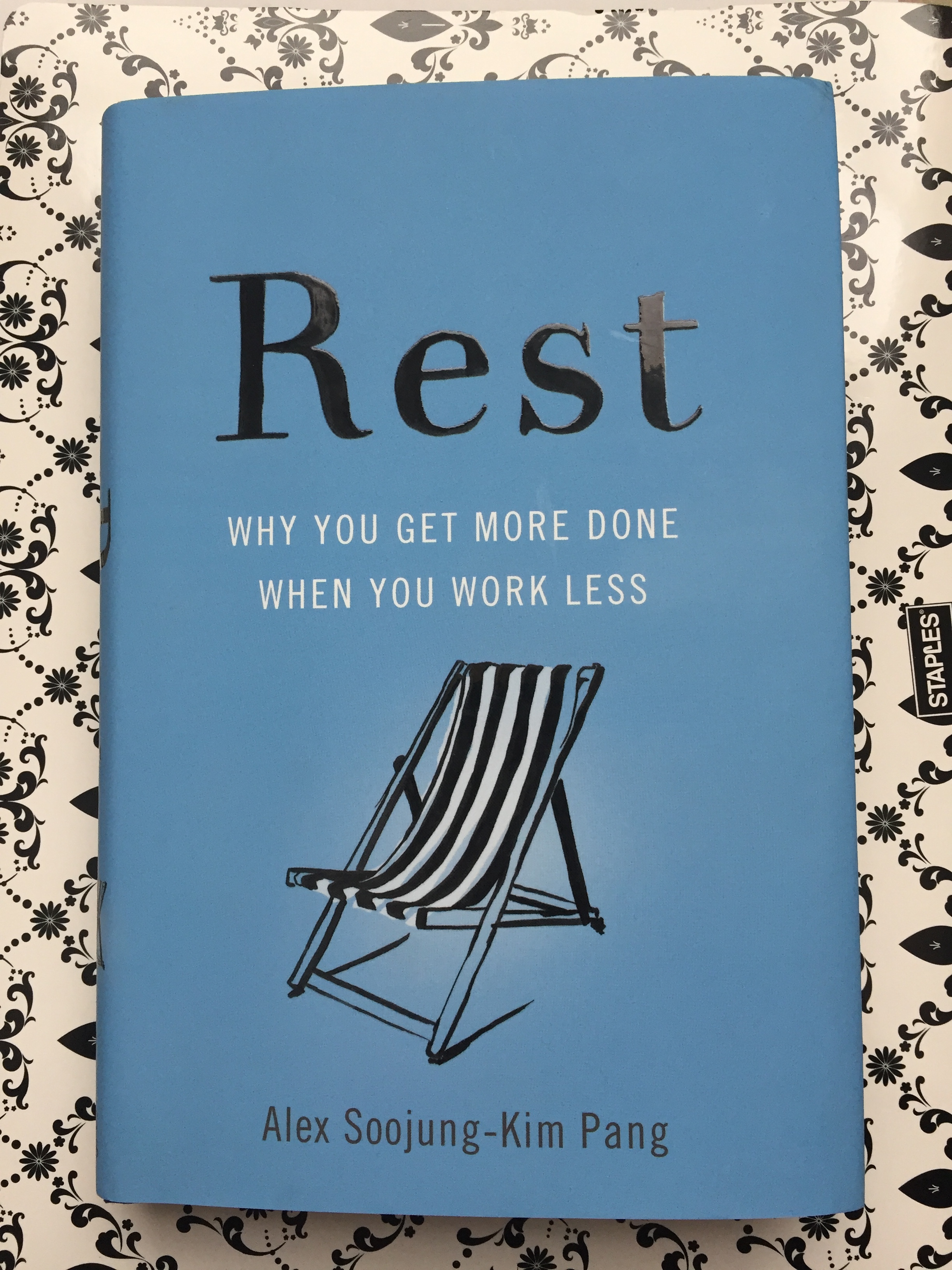I can't believe it's already that time of year, but today is launch day for a few of the popular planner brands for their 2019 lines. If you've followed me for any amount of time, y'all know I love a paper planner. Planning on paper has really been a game-changer for me. There's a lot of power in writing something down and having it in my face instead of tucked away on my phone. I've tried a lot of different systems over the years and am always tweaking, adding, and subtracting from my current system, but I thought I'd go over what I've been using and what I plan to use in 2019.
My Current System and What I'll Be Using in 2019
Day Designer for Daily Planning
What today looks like in my planner
This year, my main planner and the hub of my system is the Day Designer, which provides a page for each day along with monthly and yearly spreads. I've found that, especially when I'm overwhelmed, I do best just looking at one day at a time. No distractions about what's coming up the rest of the week. What am I supposed to do TODAY. I also like that the Day Designer has a neutral scheme of white and gray so I can decorate it how I want (or not at all), and I'm not trying to coordinate with whatever color is in the planner. It also lets me change how it looks every day (and gives me a place to use all those stickers and all of that washi tape I collect, lol.)
A view without any washi or writing (photo courtesy of Day Designer)
So because the Day Designer has been working for me this year and in years past, I've ordered another one. (Note: my link is an affiliate link, which means I earn a little commission if you buy through my site but that doesn't cost you anything, and I haven't been asked to promote it. I buy one every year.) They launched today if you want to see the 2019 designs. This is the one I picked. Isn't it so pretty? And I love that the inner liner on this one is navy blue.
Goal-Setting
In addition to my daily planner, I also have been using the Powersheets for a goal-setting planner. This is different than a daily planner of To Dos. This is a planner specifically geared towards long-term and monthly goal-setting. I've used this system for three years now and have found it tremendously helpful. I'll be buying another for 2019 (they go on sale in October). I work the whole system, setting annual goals (which you get a chance to update every quarter) and monthly/weekly goals that you monitor on what's called a Tending List. I keep this tending list open on my desk at all times to keep my goals in my face. Here's an example of one of my tending lists. I decorate with stickers but you can keep it simple if that's not your thing.
*One note I'd like to make about the Powersheets. The creator, Lara Casey, has a number of religious items in her shop. The Powersheets, however, are not religious, so don't be worried about it being a Bible planner or something. It's definitely not.
90- Day Business Plan
A new one I've just started using is a 90-Day Business Plan where I set business goals for the next 90 days and then record not what I have to do but what I've done. So a Done planner. I modified a Happy Planner Teacher planner to make it work for me. I separate out the days into categories so I can make sure I'm covering goals that fall under a number of different areas in my life. If this system works well, it may end up being one I can use to replace the Powersheets or merge with them in some way, but I'm still playing around with it. I've also paired it up with a new Kanban board that I made that is focused on the 90-day goals. This planner and the kanban board are ideas I got from writer, Sarra Cannon, who has done some fantastic videos on her system if you want to check those out.
I may do a more extensive blog post about this 90-day planner and the kanban board to show you exactly how I'm using it, but for now, here are a few pics.
Happy planner hard cover
Each day has 7 columns. The categories I'm using are Writing, Readers, Business, Yoga, Input (basically how I fill the well), Budget, and Home.
I have this fully filled with post-its now but this is how it looked when I first made it. This is focused strictly on the three main goals of my 90-day plan.
Other Options
Inkwell Press
Though I'm not ordering one this year, I've used Inkwell Press for a number of years, and they're beautiful, high quality planners. There paper is to die for. This year they're introducing a disc system for the first time along with some new inserts for goal-setting, meal planning, and daily planning. If you're interested in checking out what they have, they launched the 2019 planners today as well. If you use my affiliate link, you get 10 dollars off your first order of $50. If I ever go back to a weekly layout, I'd go back to Inkwell. I also still use their meal planner.
Photo credit: Inkwell Press
Happy Planner
Happy Planner is one I know a lot of you are familiar with because they are everywhere these days: Michael's, JoAnn's, Target. I always end up buying at least one Happy Planner a year to use for some purpose (like the teacher planner I mentioned above.) I love how they're always innovating and trying new layouts and designs. They're also the most economical of the planner choices, especially with store coupons. This week they're doing some Instagram reveals of their 2019 line, so if you're interested in them, be sure to check that out. Y'all know I'll be buying ALL the sticker books from them. I have a little bit of a sticker problem... lol.
So that's the system I plan on using in 2019. Are you getting a planner for 2019? What's been working for you?


















